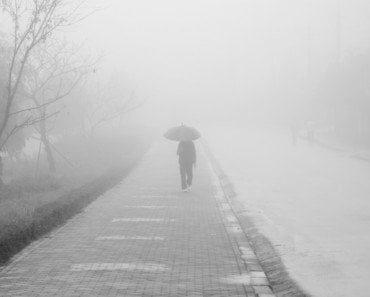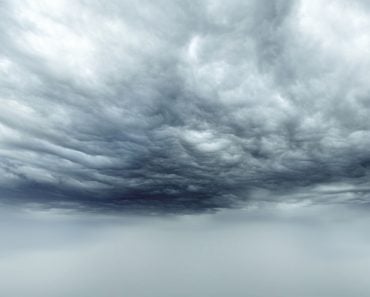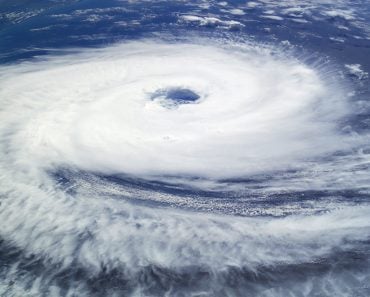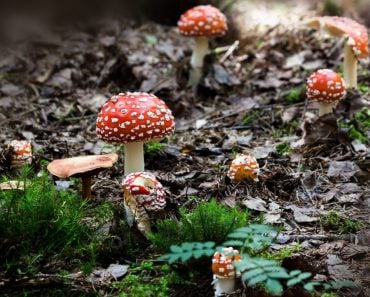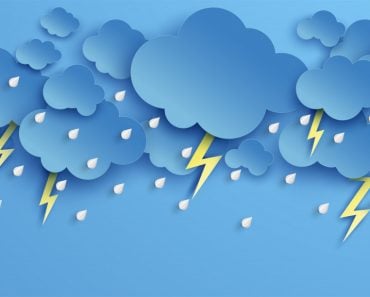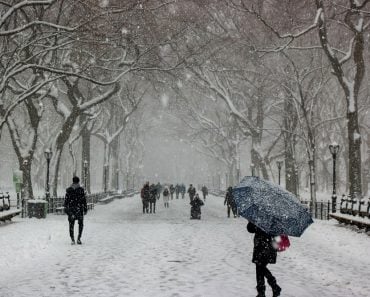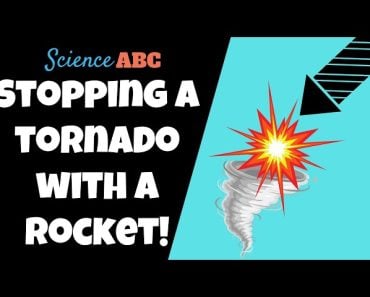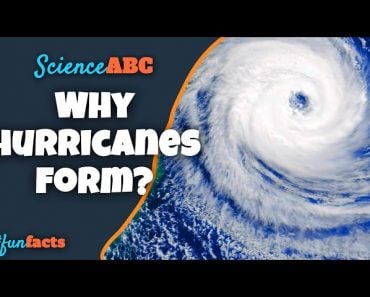Table of Contents (click to expand)
It is possible for animals to rain from the sky, though it is a rare event. Scientists believe that tornadic waterspouts may be responsible for frog and fish rainfalls. When a tornado forms over land and travels over the water, the warm air may rise and pull insects and even birds into the atmosphere. The vortex at the center of these storms is strong enough to “suck up” surrounding air, water, and small objects like a vacuum and transport animals high up in the air.
It’s a nice day and you are walking down the road around your neighborhood wondering which TV series you are going to binge-watch later in the evening. Sure, Breaking Bad is good but Downtown Abbey also looks appealing too… But then you realize that you need to see the latest sci-fi show Black Mirror which has just come out! Suddenly your train of thoughts is broken by a barrage of frogs falling from the sky! Kerplunk!! Certainly what you did not expect, is it?
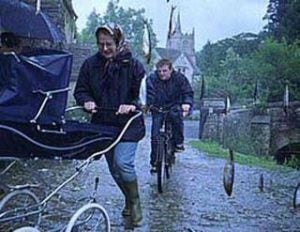
This might seem like something out of fantasy novels or even mythological texts but it can actually happen!
Recommended Video for you:
Has It Already Happened?
Accounts of animals mysteriously falling from the sky are found throughout the history of many cultures. It’s a rare occurrence, to be sure, but there are engravings of raining animals dating back hundreds, if not thousands of years. The most common types of animal rain appear to be those involving fish and amphibians. The last five years alone have turned up reports of raining fish in Australia, the Philippines, and two different regions of India, while frogs have fallen as far afield as Japan and Hungary.
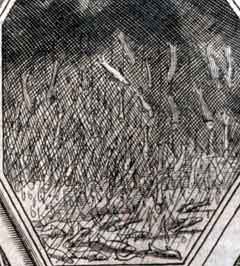
Why Did It Happen?
“It is certainly within the realm of possibility that fish and frogs could rain from the sky,” says Greg Carbin, a severe weather expert with the National Weather Service. We should probably begin by saying that most of the stories concerning ‘animal rains’ are pure eyewitness accounts and some are even totally inaccurate. For example, a dead group of animals spread out over a large area might be misconstrued as being rainfall related when in reality it’s just because of some other ecological catastrophe. Also, people who live in suburban or urban environments tend to underestimate the number of organisms living around their homes. Therefore, they may suspect that animals came from the sky rather than their natural habitat.

Tornadic Waterspout
Though when it actually happens, scientists have reasonable explanations. Many scientists believe tornadic waterspouts may be responsible for frog and fish rainfalls. According to Complete Weather Resource (1997), “a tornadic waterspout is merely a tornado that forms over land and travels over the water.” When cold air moves over warm water, the warm air may rise depending on the barometric condition of the environment. Intense thunderstorms have powerful updrafts that have been known to pull insects and even birds into the atmosphere.

Land based tornadoes can reach up to 310 miles per hour, but tornadic waterspouts can reach 100 miles per hour, which can still be quite destructive. Like a tornado, a mature waterspout consists of a low-pressure central vortex surrounded by a rotating funnel of updrafts. The vortex at the center of these storms is strong enough to “suck up” surrounding air, water, and small objects like a vacuum and transporting animals high up in the air.
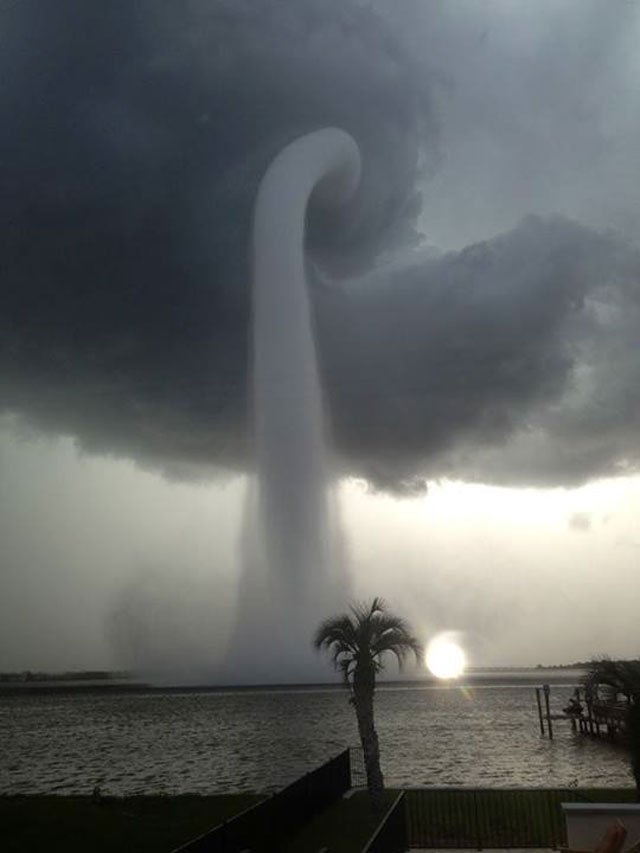
Because these waterspouts and other types of tornadoes are on the move, when they do eventually break open and release their unwilling passengers, the animals will be far away from their original habitat, hence the appearance of animals raining from nowhere.
Is This Hypothesis Correct?
Basically, even after this explanation is based on science and seems to be quite reasonable, many scientists are still sceptical. Their critique usually concerns two problems with the ‘waterspout hypothesis’. Firstly, it is weird that accounts of raining animals always seem to involve just one species. It’s always either raining fish or raining frogs, but it never seems to rain fish and frogs. We certainly hope that weather is not biased against one of the species. It’s possible that only dense groups of a particular specie allow ‘liftoff’ at a particular instance.

Secondly, nobody has ever seen it happen! Lots of people have seen the supposed result of raining animals which is, a lot of animals dead on the ground where they’re not supposed to be and a decent subset of those have actually seen the creatures fall from the sky. But nobody has ever managed to see a waterspout pick up a pond’s worth of life and carry them thousands of feet into the air.
Will You Ever Be Able To See Falling Animals?
Apart from creepy scenes in a movie, the probability of actually catching one such event on tape is pretty slim. In the movie “Magnolia,” explaining the rain of frogs is easy, as no real frogs were used. Visual effects artist Derek Gillingham and about a dozen other artists, animators and technicians spent weeks studying frog coloration and physiology before generating the digital amphibians that fall through the air.
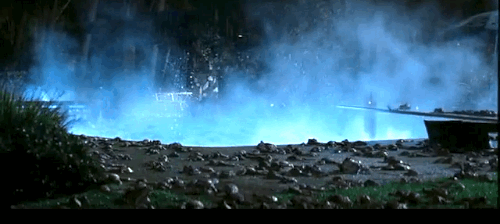
In a warmer world the atmosphere can hold more moisture, which means more thunderstorm-driven heavy rainfall events. The probability of a storm being able to lift small animals from ponds and other places might also increase. So, with the global temperature on a rise let’s hope that we never have to experience ‘cownados’.
References (click to expand)
- Engelbert, P. (1997). Complete Weather Resource - Volumes 1,2 & 3 (Understanding Weather-Weather Phenomena- Forecasting & Climate). U·X·L
- Can it rain frogs, fish, and other objects? - Library of Congress. The Library of Congress
- Why Are Birds Falling From the Sky? - National Geographic. National Geographic

